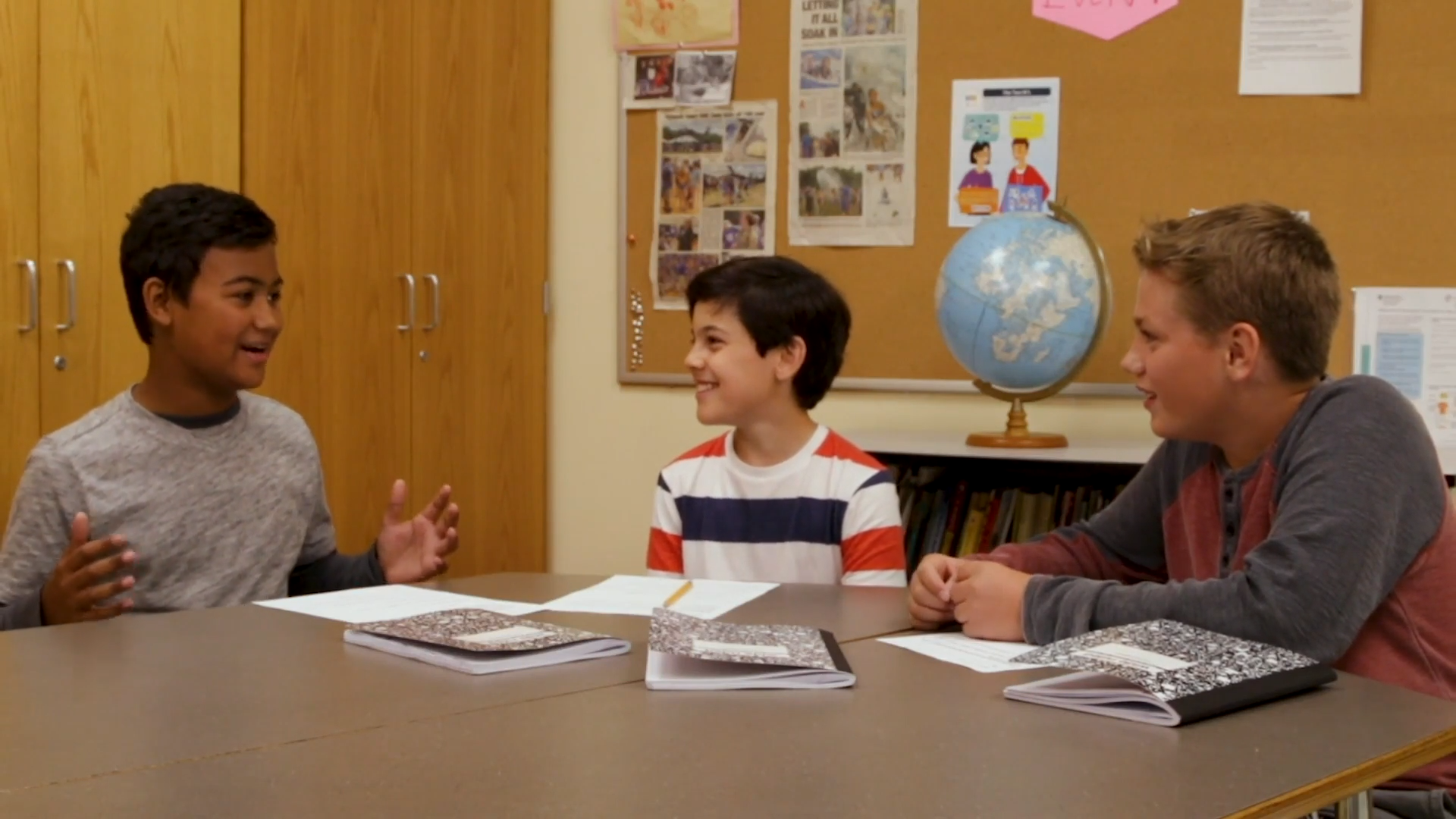
Compromising is an essential skill for building healthy relationships and fostering a sense of teamwork among students. In this blog post, we will explore the Guess What Happens Next activity, which helps Kindergarten students develop their compromising skills and learn the importance of considering others’ happiness. This activity also supports the principles of Social-Emotional Learning.
Introduction
For young learners, understanding the concept of compromising can be challenging. Guess What Happens Next is an engaging activity that encourages students to predict how characters in a scenario will react and what they can do to compromise. This activity not only helps students build their compromising skills but also enhances their empathy and decision-making abilities.
No-Prep Activity
In the Guess What Happens Next activity, the educator will present a series of short video clips or scenarios to the students. After each clip, students will be given three choices, and they have to guess which choice is the best compromise for the situation. This activity requires no preparation or materials from the educator.
For example, in a given scenario, two characters, Shay and Natalie, want to play a game during indoor recess. However, they have different opinions about how the game should be played. The students will be asked to choose between the following options:
- Shay and Natalie play the game the regular way but only for a short time.
- Shay and Natalie play the game with the speed round rules suggested by Natalie.
- Shay and Natalie find a completely different game that they both enjoy.
The students will then discuss their choices and the reasoning behind them, helping them understand the art of compromising.
Discussion Questions
- Why is it important for Shay and Natalie to compromise in this situation?
- What are the benefits of compromising for both Shay and Natalie?
- How can compromising help build stronger relationships among peers?
- Can you think of a situation where you had to compromise? How did it make you feel?
- What are some other words or phrases that can be used to suggest a compromise?
Related Skills
While compromising is a vital skill for students to learn, it is also essential to introduce them to other related skills that contribute to their overall social-emotional development. Some of these skills include:
- Active listening: Encouraging students to listen carefully to others and respond thoughtfully.
- Empathy: Teaching students to put themselves in others’ shoes and understand their feelings.
- Conflict resolution: Guiding students on how to resolve conflicts peacefully and constructively.
- Assertiveness: Helping students express their thoughts, feelings, and needs confidently and respectfully.
Next Steps
If you’re interested in integrating Guess What Happens Next and other engaging activities into your classroom, we invite you to sign up for free samples of our skill-building materials at Everyday Speech. These resources will help your students develop essential social-emotional skills and foster a positive learning environment.

